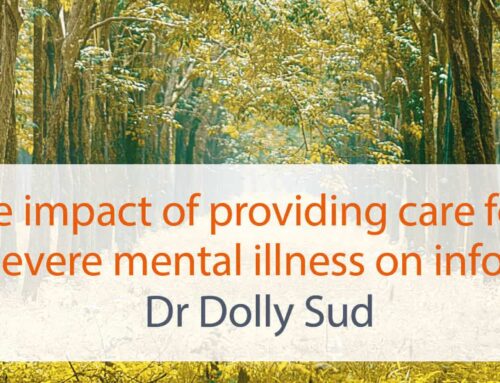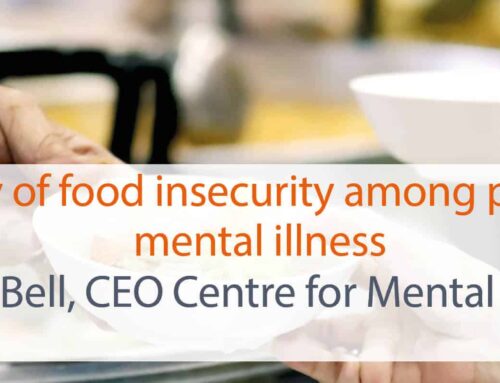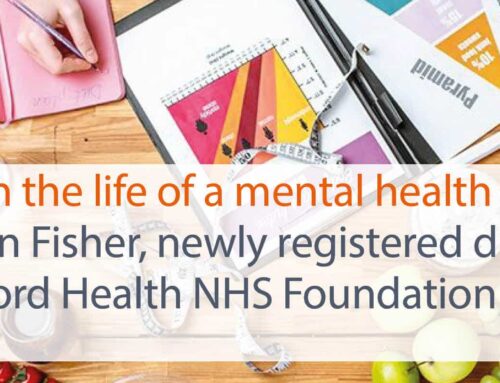
Dr Nick Hicks, Public Health Specialist and Founder of COBIC
The data are shocking – people with serious mental illness die 15- 20 years sooner than those without. These ‘stolen years’ are predominantly being lost to illnesses like cancer, heart disease and stroke, so called ‘physical illnesses’. The good news is that we know a lot about how to prevent and treat these physical illnesses and how to reduce the premature death and suffering that they cause. We know that many of these premature deaths and much suffering is avoidable. But the bad news is that too often people with severe mental illnesses simply do not receive the help and care they need in the right ways. This creates an inequality even starker and even more marked than the inequalities in health between rich and poor. And as time goes by, it’s becoming increasingly clear that the current Covid pandemic is only making things worse. We can and should do better.
A year or so ago the NHS made improving the physical health of people with serious mental illness as one of its explicit priorities. It has devised a programme that will last several years and creates three expectations:
a. that people with serious mental illnesses should receive health checks once a year that look for risk factors for developing physical illness e.g. smoking, cholesterol
b. that they should be referred to relevant screening progammes (eg breast and cervical cancer screening) and, where risks factors are identified to relevant support services
c. perhaps most importantly, that they actually receive the care they are eligible and referred for.
So far, the programme is assessed only by the proportion of people with serious mental illnesses who have received all six elements of the health checks. Of course, a health check by itself does nothing to improve health – it’s what happens with the results of the check that has the potential to make a difference. And a generous interpretation of the results so far, which show that only about 30% of people with serious mental illnesses get a full check, and that so far, onward referrals to relevant services and support are low, is that ‘we could do better’.
I was delighted to be approached by Fleur Carney, who is responsible for the ‘performance’ of NHS mental health services across the north of England, to help with this. Many front line NHS staff, especially clinicians, might tell you that they often regard ‘performance management’ as a tick box exercise that is of little relevance to the things that matter most to staff and patients. So what was so good about Fleur’s approach was that she was very clear that she wasn’t interested in box ticking…..what really matters to her is that people with serious mental illnesses get the care they need and that we succeed in reducing premature death and avoidable illness and suffering. And that has allowed us to create what we believe is a ground breaking new approach to NHS performance management.
We have created a unique partnership at regional level between NHS England and Improvement, Public Health England and Equally Well UK. This means experts by experience are being involved from the outset in work to support and promote good practice in local communities.
We know that preventing premature death and avoidable suffering and tackling health inequalities is core to the purpose of the NHS as a whole and central to why almost everyone in the NHS comes to work. So, rather than focussing on box ticking, we are focussing on what really matters to front line staff and the people they support. We are sharing good practice. We are supporting experts by experience to be involved at every level of service design. And when we measure how we we’re doing, we want to use indicators that mean something to people: for example whether we are closing the life expectancy gap, not just whether we’re complying with directives.
It’s early days yet but we have been met with nothing but enthusiasm, innovation and energy from front line staff and local planners. We are optimistic that soon we will see new services developing that are easier for people to use, with higher uptake rates and most importantly a reduction in premature death and illness.
Our guest blogs share the experience and views of the authors; these views are not necessarily those of Equally Well UK






